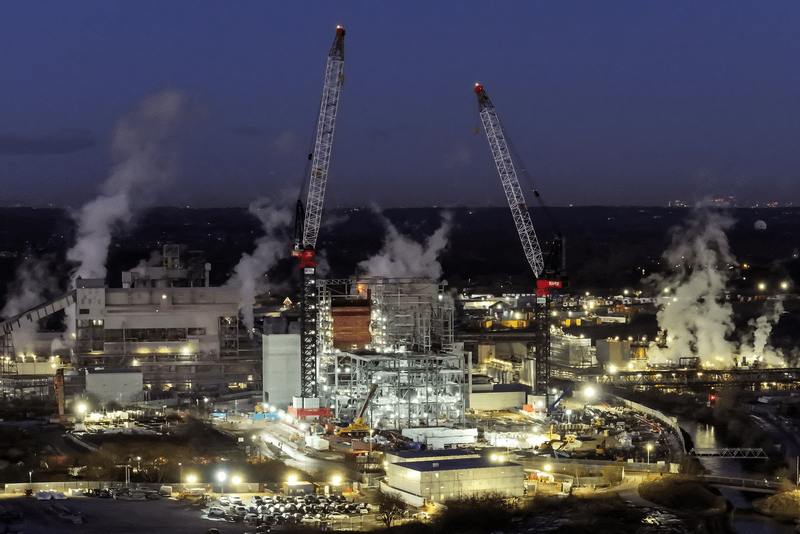The General Election is almost upon us. So, what are the parties saying on sustainability, net zero, and sustainable finance. We’ve summarized the main pledges made by the two leading parties – the Conservatives and Labour – to bring insight and clarity to this important policy area.
Conservative policy
Let’s
Register for free to keep reading
To continue reading this article and unlock full access to GRIP, register now. You’ll enjoy free access to all content until our subscription service launches in early 2026.
- Unlimited access to industry insights
- Stay on top of key rules and regulatory changes with our Rules Navigator
- Ad-free experience with no distractions
- Regular podcasts from trusted external experts
- Fresh compliance and regulatory content every day













